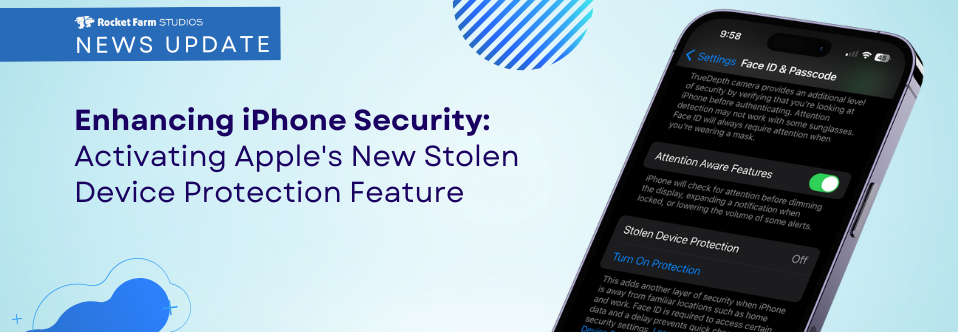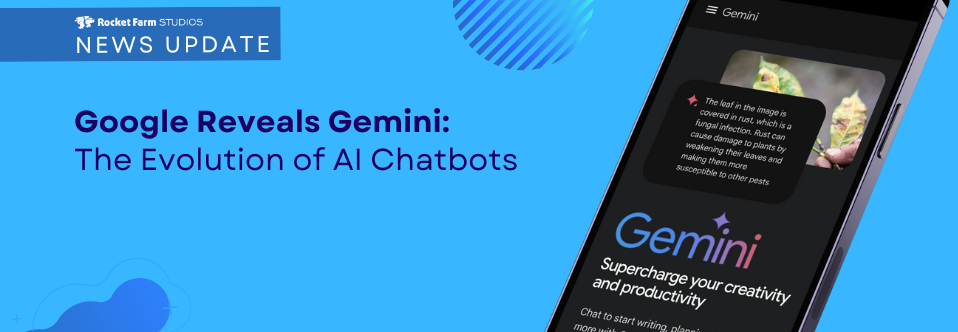Download our E-BOOK
Apple to Revamp Siri with Generative AI
May 14, 2024
by Will Kramer
Apple is set to introduce generative AI to Siri, aiming to position its virtual assistant as a frontrunner in the AI-driven future of smartphones. This announcement follows Apple’s most extensive reorganization in over a decade, reflecting the company’s commitment to staying competitive in the rapidly evolving AI landscape.
According to a report by Tripp Mickle, Brian X. Chen, and Cade Metz of the New York Times, Apple executives Craig Federighi and John Giannandrea decided early last year that Siri required a transformative upgrade. The decision came after extensive testing of OpenAI’s ChatGPT, which highlighted Siri’s limitations in handling complex conversations. Unlike ChatGPT, which can seamlessly follow up on user queries, Siri often struggled with contextual understanding.
Introduced in 2011, Siri was initially a groundbreaking virtual assistant, but it has since lagged behind more advanced AI systems. This realization has propelled Apple to make generative AI a central focus of its strategy, with plans to showcase the enhanced Siri at the upcoming annual developers conference on June 10. The new Siri is expected to be more conversational and versatile, leveraging a generative AI system to enable more dynamic interactions.
This update is part of a broader initiative to integrate generative AI across Apple’s product lineup. The company is also enhancing the memory capabilities of its upcoming iPhones to support the new Siri functionalities. Additionally, Apple is exploring partnerships with AI leaders like Google, Cohere, and OpenAI to further augment its AI capabilities.
Apple’s move to advance its AI technology underscores the company’s concern about maintaining its dominance in the global smartphone market. With generative AI poised to revolutionize how users interact with technology, Apple recognizes the potential threat to its iOS software and the App Store ecosystem. The company’s leadership is determined to ensure that the iPhone remains a cutting-edge device, capable of competing with the latest AI advancements.
This strategic shift has also led Apple to reallocate resources from other major projects, including a $10 billion initiative to develop a self-driving car. Hundreds of engineers have been reassigned to focus on AI development, highlighting the company’s commitment to this critical area.
Apple’s approach to AI emphasizes privacy and efficiency. Unlike other AI services that process data remotely, the new Siri will handle requests on-device, enhancing privacy and reducing cloud computing costs. However, this strategy also poses challenges, as smaller AI systems may be more prone to errors compared to larger, cloud-based models.
Despite these challenges, Apple is well-positioned to leverage its extensive hardware and software ecosystem to deliver advanced AI solutions. With over two billion devices in use worldwide and a leading semiconductor team, the company has the infrastructure needed to support its ambitious AI goals.
The forthcoming AI-enhanced Siri represents a significant leap forward for Apple, aligning with the company’s vision of creating more intuitive and capable digital assistants. As the tech giant continues to push the boundaries of AI, the industry will be watching closely to see how these advancements shape the future of consumer technology.
Source: Tripp Mickle, Brian X. Chen, and Cade Metz, “Apple Will Revamp Siri to Catch Up to Its Chatbot Competitors,” The New York Times, May 10, 2024.
Ready to turn your app idea into a market leader? Partner with Rocket Farm Studios and start your journey from MVP to lasting impact.”
Teams for App Development
We help companies build their
mobile app faster with go to market strategy

Technology and UX Audits

Early Design Sprints

MVP Creation

App Store

Growth Teams

Get Started
Download Our Free E-Book
Whether you’re launching a new venture or scaling an established product, Rocket Farm Studios is here to turn your vision into reality. Let’s create something extraordinary together. Contact us to learn how we can help you achieve your goals.



